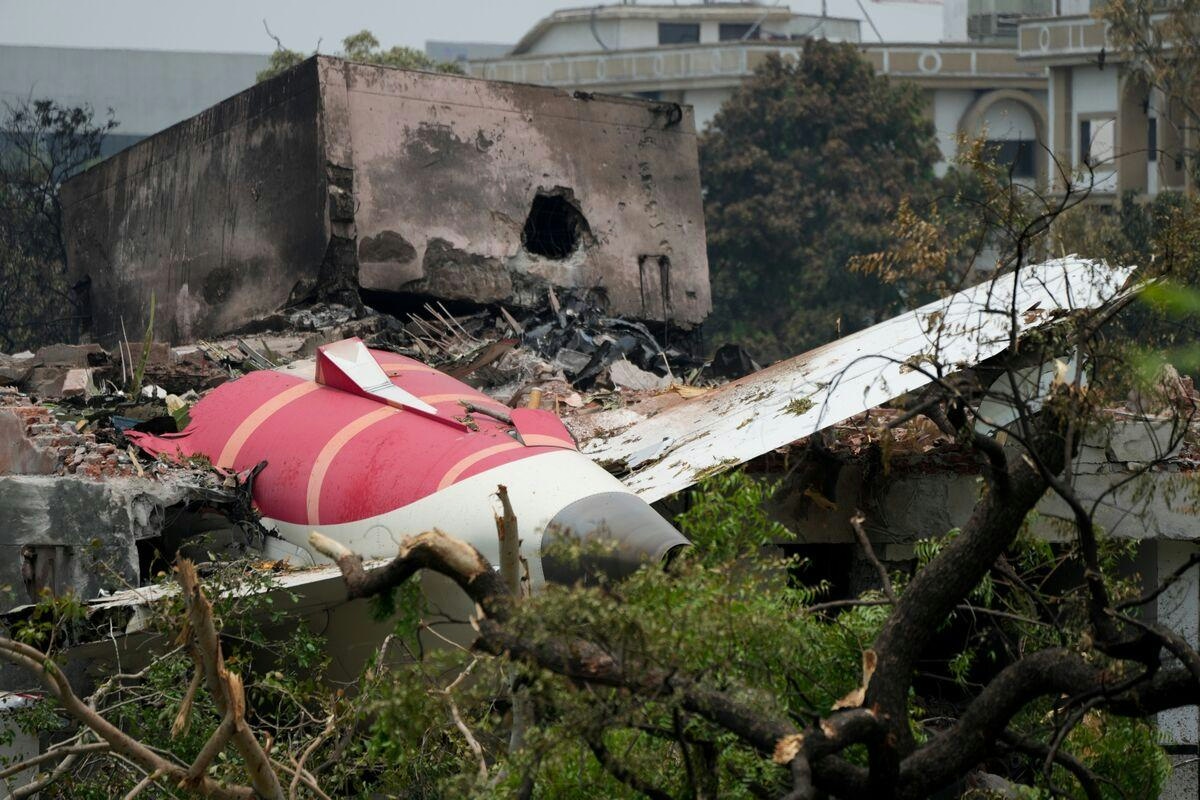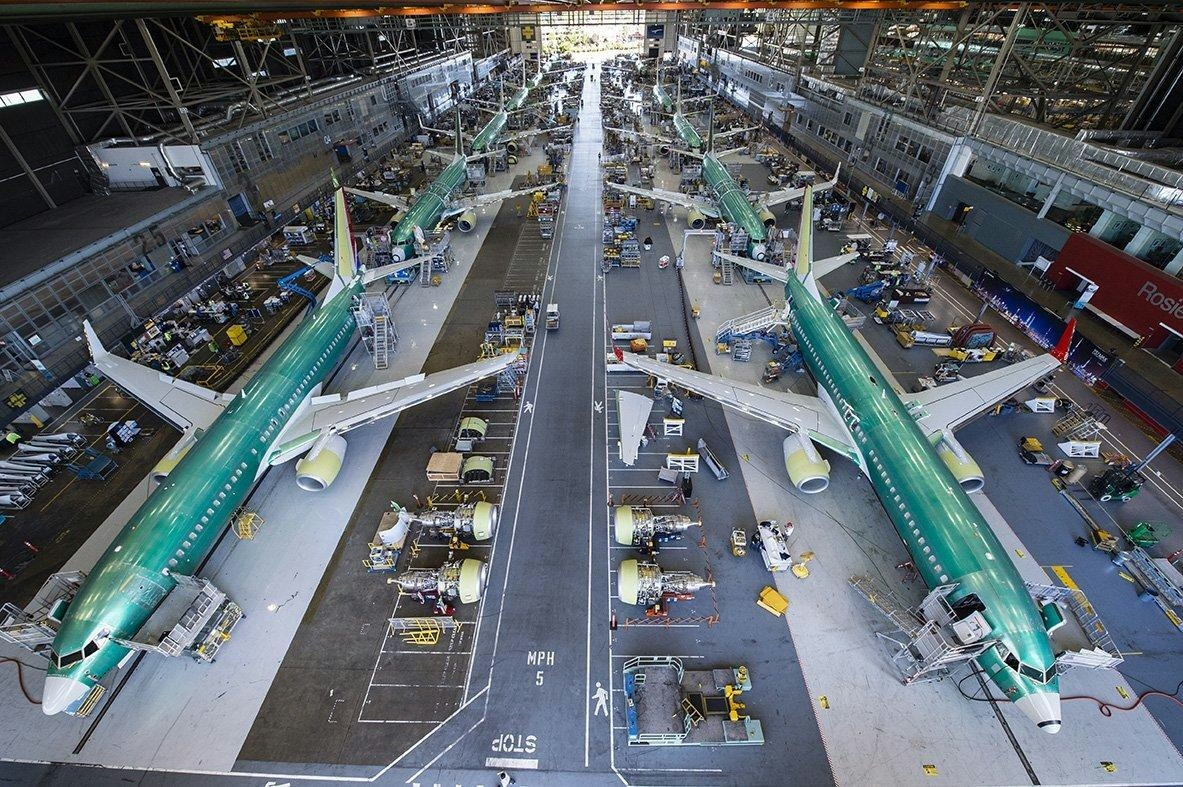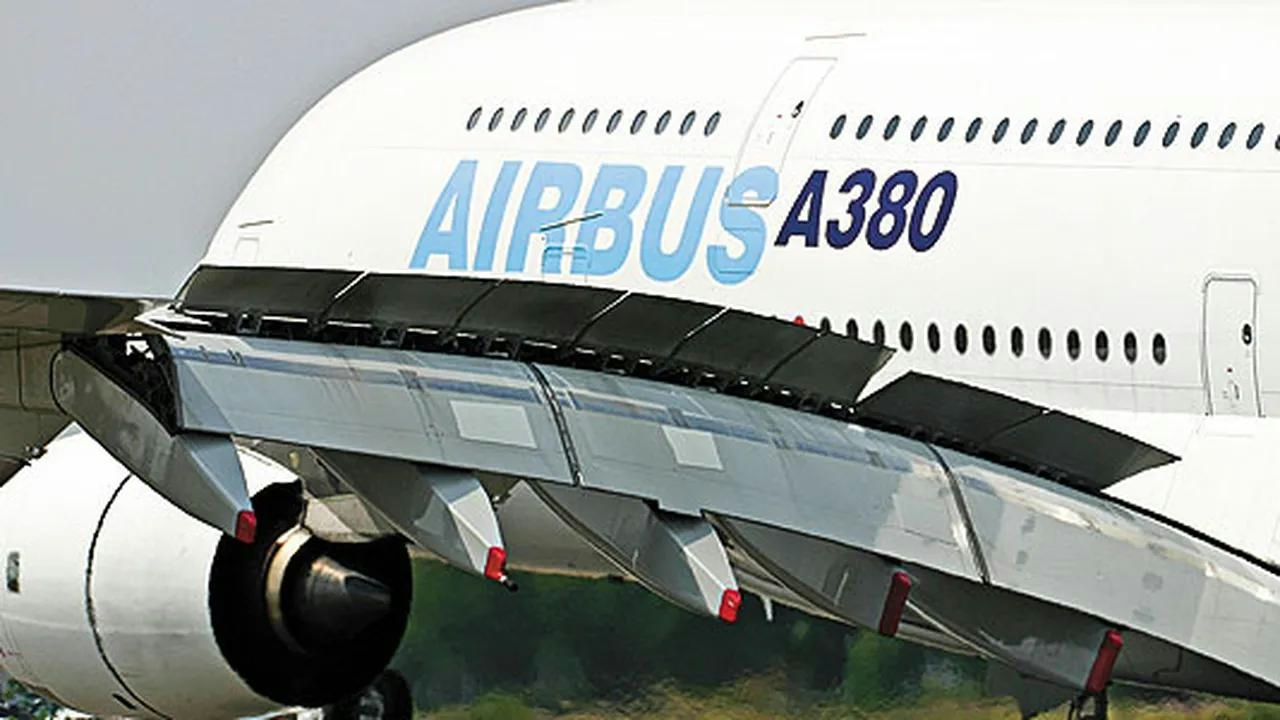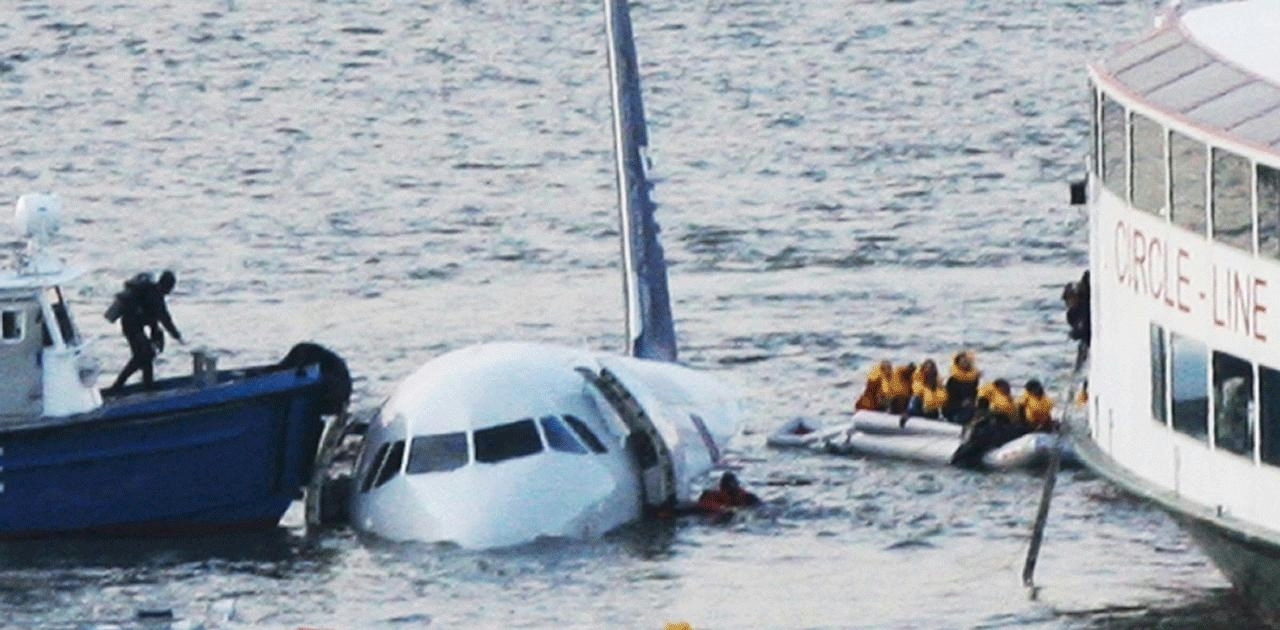AeroGenie — Your Intelligent Copilot.
Trending
Categories
AAIB Criticizes Media for Speculation on AI-171 Crash

AAIB Condemns Speculative Media Reporting on AI-171 Crash
The Aircraft Accident Investigation Bureau (AAIB) has issued a strong rebuke of certain international media outlets for what it described as speculative and unverified reporting concerning the recent crash of Air India flight AI-171. The Boeing 787 Dreamliner, bound for London, tragically crashed shortly after departing Ahmedabad on 12 June, resulting in the deaths of over 240 individuals.
Media Reports and AAIB Response
Several prominent international publications, including The Wall Street Journal and The Air Current, published reports based on unnamed sources suggesting that Captain Sumeet Sabharwal may have switched off the aircraft’s fuel systems moments before the crash. Notably, The Wall Street Journal released details purportedly derived from black-box recordings implicating the captain, just a day before the AAIB was scheduled to release its preliminary findings.
The AAIB condemned these reports as “irresponsible and insensitive,” emphasizing the ongoing nature of the investigation and the profound grief experienced by the victims’ families. The bureau criticized what it termed selective and unverified reporting, warning that such actions risk undermining the integrity of the investigative process. “Certain sections of the international media are repeatedly attempting to draw conclusions through selective and unverified reporting. Such actions are irresponsible, especially while the investigation remains ongoing,” the AAIB stated.
Commitment to Rigorous Investigation Standards
Reaffirming its commitment to a thorough and professional inquiry, the AAIB underscored its adherence to the International Civil Aviation Organization (ICAO) standards and the Aircraft (Investigation of Accidents and Incidents) Rules, 2017. Since its establishment in 2012, the bureau has investigated 92 accidents and 111 serious incidents, maintaining what it described as a “flawless record.”
The bureau also appealed to the public and media to refrain from premature conclusions that could erode confidence in the Indian aviation sector. “While the accident of this dimension has drawn public attention and shock, it needs to be appreciated that this is not the time to create public anxiety or angst towards the safety of the Indian Aviation Industry, particularly on the basis of unfounded facts,” the AAIB emphasized.
Industry and Victims’ Families React
Echoing the AAIB’s caution, Air India’s CEO stated that the preliminary report found no evidence of fuel issues, mechanical failure, or pilot error, though the full investigation remains ongoing. The bureau has yet to determine whether the flight recorders will be sent abroad for further analysis.
Meanwhile, families of the victims have raised concerns over Air India’s handling of compensation negotiations, alleging the use of threatening tactics, which has further heightened tensions in the aftermath of the tragedy. Pilot associations have also expressed dismay at the speculative media coverage, warning that such reports could mislead the public and compromise the investigation’s integrity.
The AAIB reiterated that its preliminary report was intended solely to present factual information about the incident. The final investigation report, which will include root causes and safety recommendations, is still in progress.

Locatory.com Gains Traction Among Aviation MROs and Suppliers

58 Pilots Graduate from Ethiopian University

The Engine Behind Boeing’s Latest Widebody Aircraft

UBTech Shares Rise After Airbus Orders Humanoid Robots

Boeing’s Widebody Jet Sales Surge Signals Shift in Global Air Travel

French Aircraft Design Claims to Reduce Energy Consumption by Elevenfold

Boeing Surpasses Airbus Orders in 2025 as Deliveries Total 600

Why the Airbus A380 Uses Two Different Engine Types

'Miracle on the Hudson' Survivor Advocates for Increased American Airlines Staffing

flydubai Implements Amperity’s AI Customer Data Platform to Enhance Customer Experience
